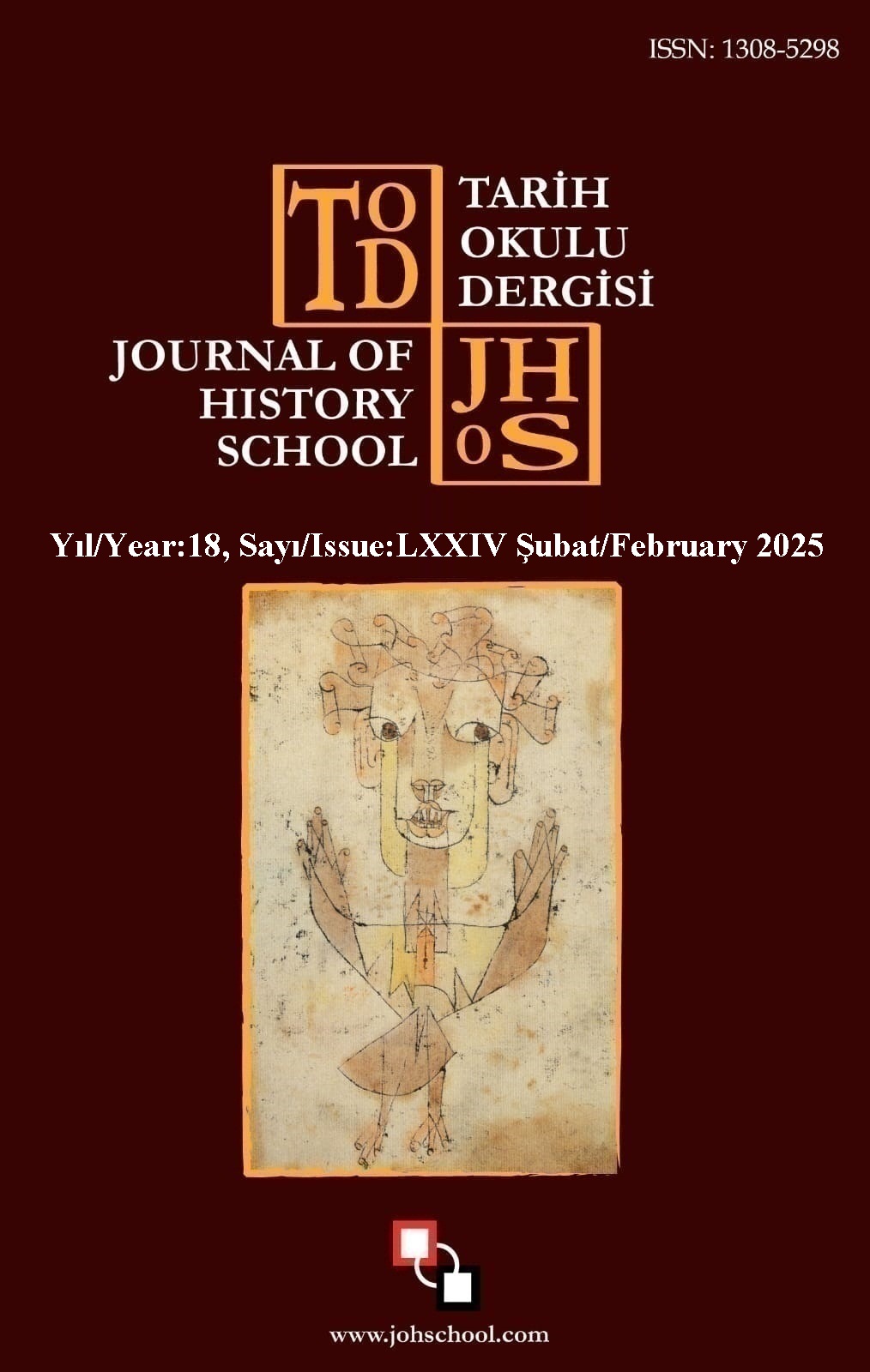Author :
Abstract
Yönetimde yaşanan değişim ve dönüşümler zamanla yönetsel politika ve ilkelerin de gözden geçirilmesini zorunluluk haline getirmiştir. Yönetimden çok aktörlü yönetişim anlayışına geçişle birlikte yönetime birtakım ilkeler ve yaklaşımlar uyarlanmaya başlamıştır. Yönetimin iyileştirilmesi, etkinleştirilmesi ve süreklilik kazanabilmesi için benimsenen iyi yönetişim ilkeleri yönetsel politika ve stratejilerin belirleyicisi ve şekillendiricisi olmuştur. Kurumsal süreklilik, maddi sermaye ve beşeri sermaye üzerine kuruludur. Kurumların sahip olduğu beşeri sermayesi yönetsel politikaların yürütücüsü olarak kurumun en önemli aktörüdür. Bu öneminden dolayı insan kaynağının iyi yönetişim ilkelerinin uygulanma sürecindeki rolü ve önemi üzerinde durularak kurumsal verimlilik, etkililik ve başarıyı nasıl etkilediğini irdelemek çalışmanın temel amacını oluşturmaktadır. Derleme türünde olan bu çalışmada ikincil veri analizi yapılarak literatür taramasından elde edilen bilgiler doğrultusunda iyi yönetişim ilkelerinin uygulanmasında insan kaynağının taşıdığı roller analiz edilmiştir. Yöneticiler ve çalışanlar arasındaki iletişimin başarısı, yönetim politikalarını benimsemesi ve içselleştirmesi kurumun dışarıdaki kitleleri üzerinde yaratacağı etkininin de belirleyicisi olduğu sonucuna varılmıştır. Kurumun dışa yansıyan yüzü olan insan kaynağının iyi yönetişim ilkelerinin amacının ve öneminin bilincinde davranışlar sergilemesi kurumsal algı ve imajı olumlu yönde etkileyerek kurumsal süreklilik ve başarıyı da beraberinde getirir.
Keywords
Abstract
Changes and transformations in management have made it necessary to review administrative policies and principles over time. With the transition from management to multi-actor governance, some principles and approaches to management have begun to be adapted. Good governance principles adopted to improve, activate and ensure continuity of management have been the determinant and shaper of administrative policies and strategies. Corporate continuity is based on material capital and human capital. The human capital of institutions is the most important actor of the institution as the executor of managerial policies. Due to this importance, the main purpose of the study is to examine how it affects corporate efficiency, effectiveness and success, by focusing on the role and importance of human resources in the implementation process of good governance principles. In this compilation study, secondary data analysis was performed and the roles of human resources in the implementation of good governance principles were analyzed in line with the information obtained from the literature review. It has been concluded that the success of communication between managers and employees, their adoption and internalization of management policies are also determinants of the impact the institution will have on its external audiences. When human resources, which are the external face of the institution, exhibit behaviors that are aware of the purpose and importance of good governance principles, it positively affects the corporate perception and image and brings corporate continuity and success.





